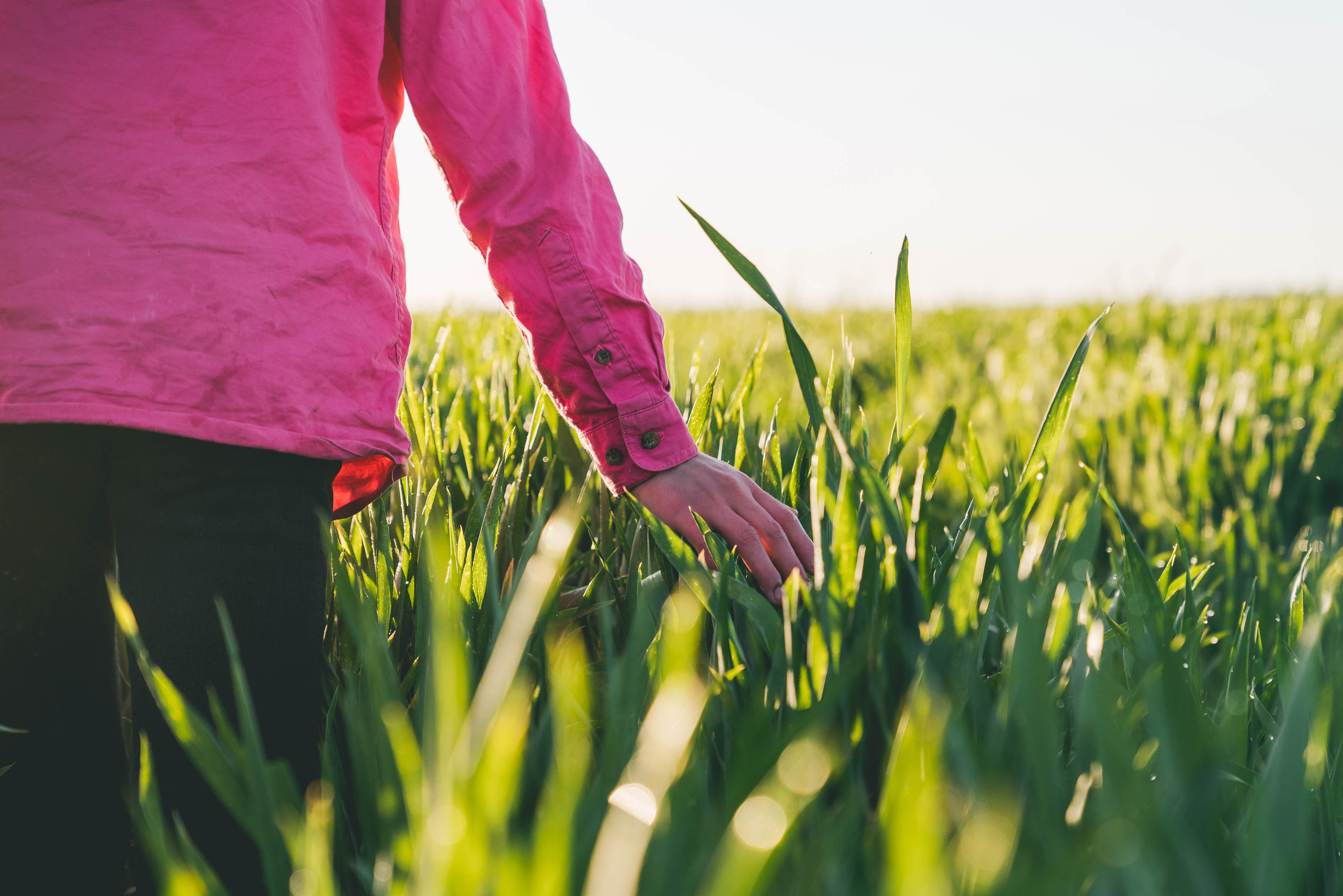Murrumbidgee Shire Community Experimental Demonstration Farm

The Murrumbidgee Shire Experimental Farm is a 379ha not-for-profit working Demonstration Farm that has been operating in Coleambally since 1996. The farm allows community organisations to engage in agricultural pursuits for experimental, demonstration, and fundraising purposes. The land was acquired in 1992, and after three years, a full water allocation was achieved.
Since its inception, the farm has provided a financial return to the community of over $1 million through proceeds of cropping activities. The farm has been used for various trials and demonstrations, including a farm forestry trial and herbicide management.
History of the Murrumbidgee Shire Experimental Farm
It all began back in 1990 when a group of determined and dedicated locals pursued the acquisition of land for a community farm plus the allocation of water.
The Coleambally Lions Club had been growing a community rice crop for almost 20 years but the land used was not available anymore and an alternative site was needed. Their vision was for an expanded community project incorporating experiments, demonstrations and a place to give all community groups within the Council area the opportunity to grow crops for their fundraising purposes. By 1992 they had the land and it took a further 3 years to achieve a full water allocation.
A committee of management was formed and the organisation was incorporated in 1993. In 1995 the water was sold on a temporary transfer to raise capital to develop the land. Rice was the first crop and was planted by the Lions Club of Coleambally in 1996-97. It incorporated a trial of Rockdale’s cattle manure and Bartter’s fowl manure. The community had a lease on the land until 2014 and a water allocation of 576 mgls.
Many individuals and businesses volunteered their expertise, time, machinery, merchandise and services to make it all happen. Instead of having smaller fundraisers, community organisations volunteered their time and machinery to grow the crops in return for some profits. For example at harvest time local farmers converge on the farm with headers, trucks, tractors, bins and augers to help.
Since 1996-97, the farm has provided a financial return to the community through the proceeds of cropping activities in excess of $1 million to date. This has had a huge impact in the local community aiding the service clubs, schools and football clubs in large scale building projects and the like. The continued injection of such substantial funds has kept our communities moving forward. Funds have also flowed back into the community through payments to contractors and the purchase of farm inputs.
In 2006-07 the Darlington Point Apex Club planted 70 ha of Soft Wheat (Qal2000). Averaging 7.32t/ha it used 6.5mgls of water. The stubble was baled adding further profit. The paddock was judged as runner up in the Royal Agricultural Society’s Field Competition. Other activities and trials which have taken place include the construction of several soil pits as part of the Coleambally LWMP Education Program, machinery demonstrations, a herbicide demonstration site dedicated to rice herbicide resistance management, Canola seed varieties, wheat varietal evaluation, and a farm forestry trial.
Trials completed at the site include the NSW DPI Permanent Beds for Sustainable Cropping Systems Project and CSIRO Water Use Efficiency Project Trials comparing sprinkler, sub-surface drip and furrow irrigation. Coleambally Irrigation has commenced a trial of larger permanent lateral raised beds utilising new auto steering technology such as bay automation, flume gate water metering devices and short range radio. Funding from Water Smart and Water Fund Australia has enabled CICL to trial a totally automated water control system on a 12ha block of maize. A state of the art weather station complete with soil sensors has also be installed. A new northern boundary fence has been erected for the 68ha remnant Vegetation area managed by CICL. Weed control trials will take place in this paddock from November through the National Weed Warrior program which is an initiative of the Cooperative Research Centre for Australian Weed Management. It is planned for local school students to release their classroom-reared moth larvae at the site. This biological control should have a suppression effect on the weed ‘horehound’. A priority weed species, in the region, which is having a major impact on the productivity and natural values of farm and bush land. This research work is important for the future of our area. The farm is a wonderful place to trial all agricultural ideas and for the community to be able to fundraise on a large scale. It is a great community initiative and an ongoing asset for our Council area.